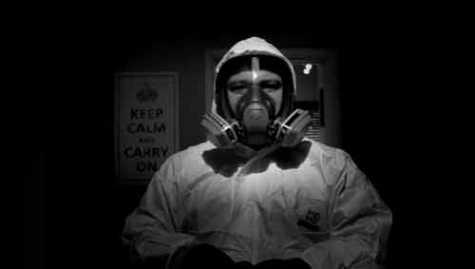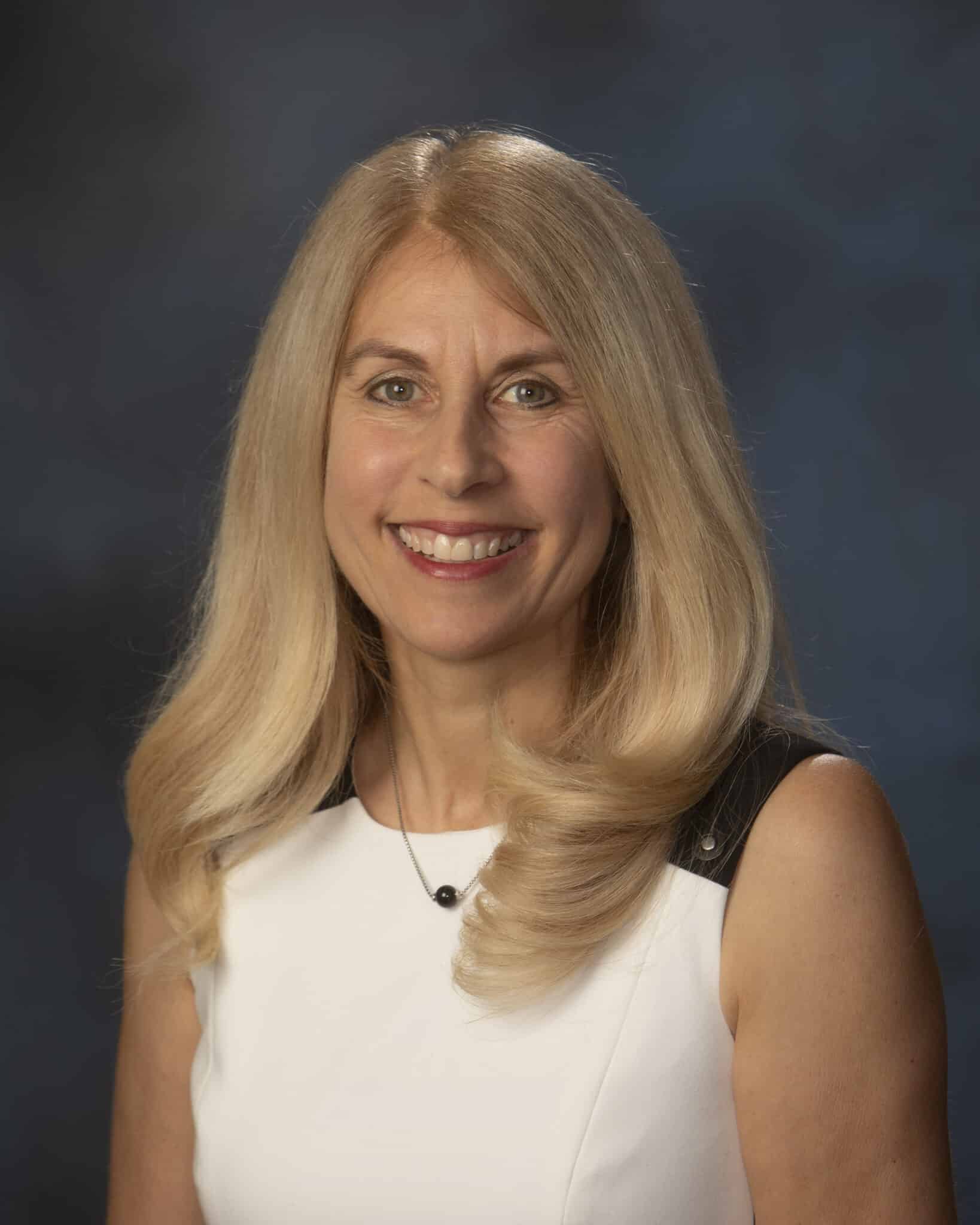Reprinted From: Autobody News
Until recently, body shop customers typically brought in relatively clean cars for repair.
Now, collision repair facilities are receiving vehicles with the unknown risk of COVID-19 as a result of the global pandemic, according to Kris Rzesnoski, vice president at Encircle.
To help address body shops’ concerns, the Society of Collision Repair Specialists (SCRS) held a special webinar for the industry, “How Professional Restorers Deal with ‘Disinfecting’ Vehicles.”
Hosted by SCRS Executive Director Aaron Schulenburg, the two-hour presentation featured two professional restorers with experience in restoration, decontamination and infectious disease control. Rzesnoski and Norris Gearhart, owner of Gearhart and Associates, shared tips on how body shop owners and managers can protect employees and their businesses, as well as consumers and their vehicles.
Jordan Hendler, executive director of the Washington Metropolitan Auto Body Association (WMABA) and the conference administrator of the Property Insurance & Restoration Conference (PIRC), helped coordinate the webinar for the body shop industry to learn how to best respond to the issues at hand.
Kye Yeung, president of European Motor Car Works and past chair of SCRS, shared a shop owner’s perspective dealing with COVID-19. As a SARS survivor, Yeung said he has been proactive in protecting staff and customers at his family-owned business.
Rzesnoski said body shops should evaluate their current processes and develop standardized procedures to manage customers’ expectations, minimize risks and prepare staff.
This includes how the vehicle is received and cleaned at intake, the safety precautions employees follow in terms of masks, gloves and other Personal Protective Equipment (PPE) and the final cleaning of the vehicle prior to delivering it to the customer.
“This is not business as usual,” said Rzesnoski. “This is a really high priority for businesses to focus on.”
Gearhart said many of the techniques used in the property and restoration industry can be applied by collision repairers.
“The risks to workers have substantially increased,” he said. “I don’t think you could ever be prepared for what happened.”
The following is a summary of the recommendations provided by Rzesnoski and Gearhart.
Schulenburg: Before a shop takes on any work, what are the insurance considerations to keep in mind?
Gearhart: You need to look at your shop’s liability coverage and workers’ compensation exposure. The requirements for providing a safe workplace under OSHA (Occupational Safety and Health Administration) doesn’t go away in this situation.
Rzesnoski: You should also do a risk assessment. If there is a risk with a car coming into your shop, you have to decide how to mitigate it. Every customer coming in is a potential COVID-19 patient. What happens if you or your employee cross contaminates a vehicle and a customer gets sick? Or, if a customer brings in a car, and a staff member gets sick and your business is shut down for two weeks? Look at the steps you have taken to protect your business. You might want to talk to a broker to determine if you have business interruption insurance and if it covers profit/loss.
Yeung: As an essential business, we’re thrown out in front. This is all new to everybody. When this first occurred, a lot of supplies they said could work against it weren’t available. Like others in the industry, we did as much research as we could online, used products we had on hand or could purchase and addressed it to the best of our ability.
Schulenburg: What should shops be aware of when taking in a car?
Rzesnoski: When you take a vehicle in, think about the commitments you make to the customer. Part of that is disclosing the products you will use and making the Safety Data Sheet (SDS) available to them. This document is produced in alignment with the UN’s Globally Harmonized System of Classification and Labelling of Chemicals (GHS.)


